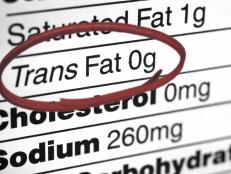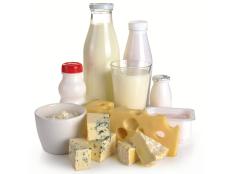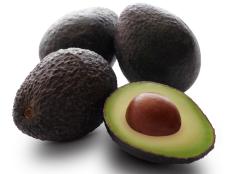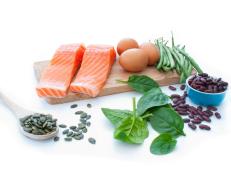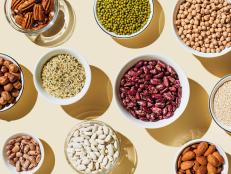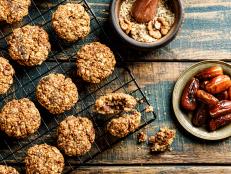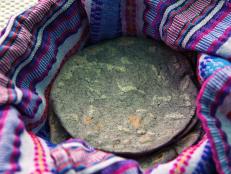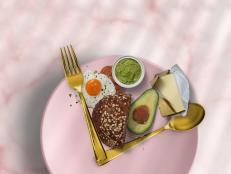Dietary Fiber: Why We Need Fiber
Fiber helps you feel full and maintain a healthy weight, plus it can help lower your risk of heart disease and diabetes.
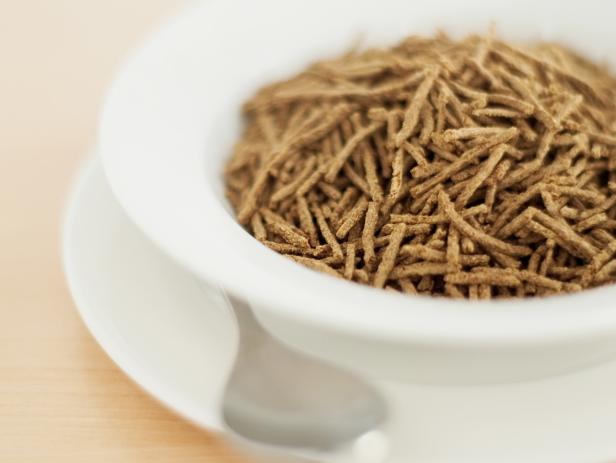
George Doyle, (c) George Doyle
If fiber brings to mind Metamucil and bran muffins, think again. Fiber isn’t just something you eat when you’re feeling stopped up. It’s an important part of your daily diet ... but you might not be getting enough.
What It Is
Fiber is the part of plant foods that your body can’t digest. Although it’s often added to processed foods, fiber is easy to find in minimally processed plant foods. Whole grains, beans, nuts, fruits and vegetables all deliver fiber.
There are two kinds of fiber — soluble and insoluble. Soluble fiber soaks up liquid and is found in foods like apples, pears, beans and oats (think of how they expand when cooked in water). Soluble fiber slows down digestion, keeping food in your stomach longer. This helps keep you feeling full longer and also helps keep your blood sugar levels stable by ensuring food is digested more slowly. Insoluble fiber doesn’t absorb liquid and is the part of plant foods that adds bulk or roughage to your, ahem, stool. Think of this kind of fiber as a brush that sweeps through your digestive tract and keeps everything moving.
Why You Need It
Fiber has a host of benefits for your health:
1: Heart health: Fiber can help to lower your cholesterol and blood pressure, and it may even lower your risk of heart disease and stroke.
2: Type 2 diabetes: Eating fiber can help slow the progression of diabetes and may even keep you from developing it in the first place. That’s because fiber can improve insulin sensitivity and regulate blood sugar levels.
3: Gastrointestinal health: First and foremost, fiber can help keep you regular. It also can help ward off diverticulitis, constipation, GERD and hemorrhoids. Some fiber even works as a prebiotic, fermenting in the gut and helping healthy probiotic bacteria to thrive.
4: Weight management: Fiber-rich foods can help you feel full on fewer calories. And research shows that eating a high-fiber diet can help you lose more weight than a low-fiber diet.
How Much You Need
Women need 25 grams of fiber each day; men need 38 grams. That might sound like a lot, but by making simple swaps and smart choices at your meals and snacks, you can get the fiber you need.
Check out these fiber-rich foods to boost your fiber intake.
Kerri-Ann is a registered dietitian who writes on food and health trends. Find more of her work at kerriannjennings.com or follow her on Twitter @kerriannrd or Facebook.



























